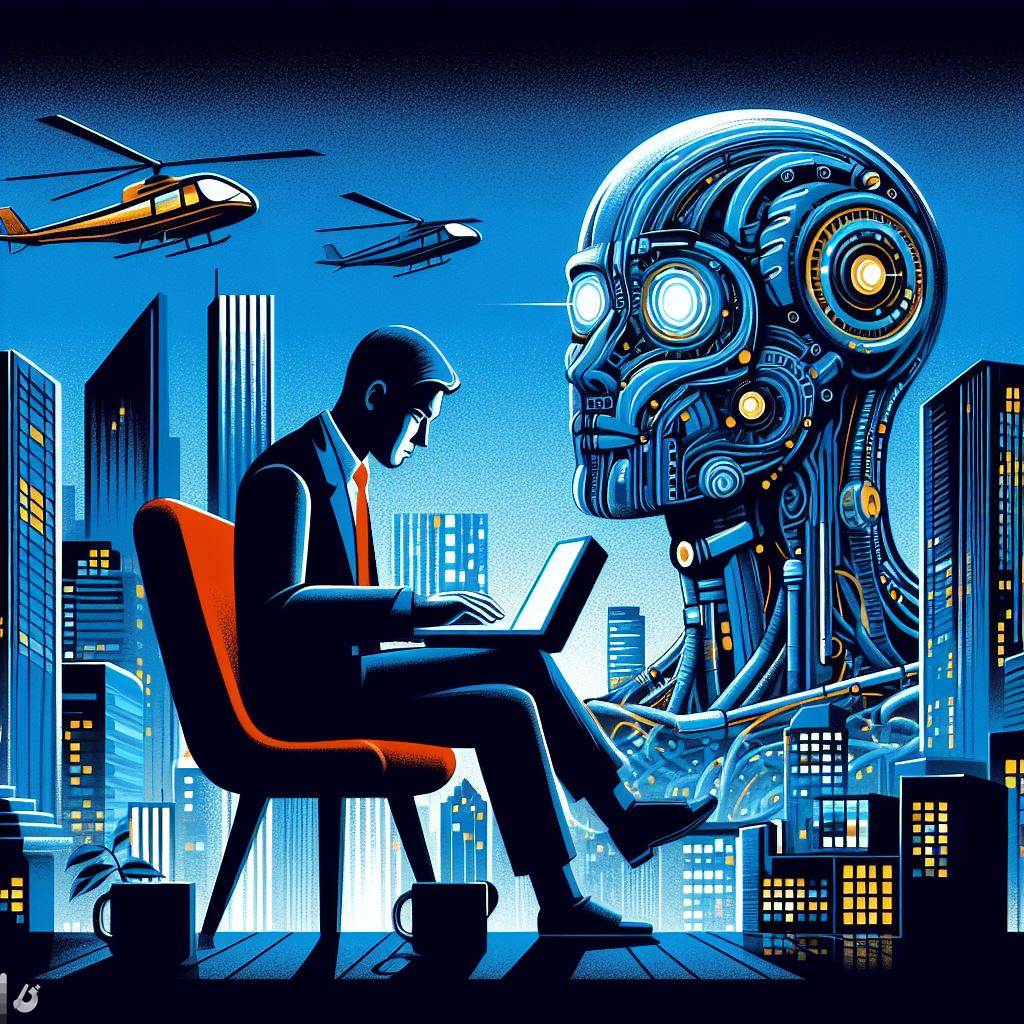
The rapid evolution of artificial intelligence (AI) is raising concerns about the future of science, technology, engineering, and mathematics (STEM) careers, with Nobel Prize-winning economist Christopher Pissarides warning that many of the current in-demand jobs in these fields may become obsolete. Pissarides highlights the paradox of the skills needed now to advance AI potentially rendering those skills obsolete in the near future.
According to Pissarides, despite the growth in STEM fields, there may not be enough jobs to accommodate the increasing number of graduates specializing in STEM disciplines. He emphasizes that the demand for new IT skills, driven by AI development, could contain the seeds of its own destruction.
Samuel Mangold-Lenett, a staff editor at The Federalist, acknowledges the benefits of AI in streamlining tasks for STEM workers but cautions against overreliance on technology. Mangold-Lenett warns that excessive dependence on AI could eliminate jobs and diminish the need for human mastery of essential skills.
Policy director Jon Schweppe of the American Principles Project shares similar concerns, stressing the importance of viewing AI as a tool rather than letting it dictate societal progress. Schweppe emphasizes the risk of becoming subservient to AI's decisions and urges a balanced approach in utilizing technology for humanity's desired ends.
While Pissarides remains optimistic about AI's overall positive impact on the job market, other experts share varying perspectives. Phil Siegel, founder of the Center for Advanced Preparedness and Threat Response Simulation, notes that jobs involving repetition and having a "right" answer may be at risk, while those requiring judgment, such as certain STEM and white-collar positions, may be less vulnerable.
Christopher Alexander, Chief Analytics Officer at Pioneer Development Group, highlights STEM as the foundation of AI development, asserting that IT professionals are well-positioned to adapt and learn new relevant skills. He suggests that students focus on STEM education to keep their options open, emphasizing STEM's crucial role in various aspects of civilization.
Despite concerns about job displacement, Pissarides suggests long-term opportunities in fields emphasizing communication and customer service. He advocates for a positive outlook on jobs involving personal care and social relationships, emphasizing their value in the evolving job landscape.
As AI continues to reshape industries, experts emphasize the importance of adaptability and a balanced approach to harnessing technology's benefits while addressing potential challenges in the STEM job market.